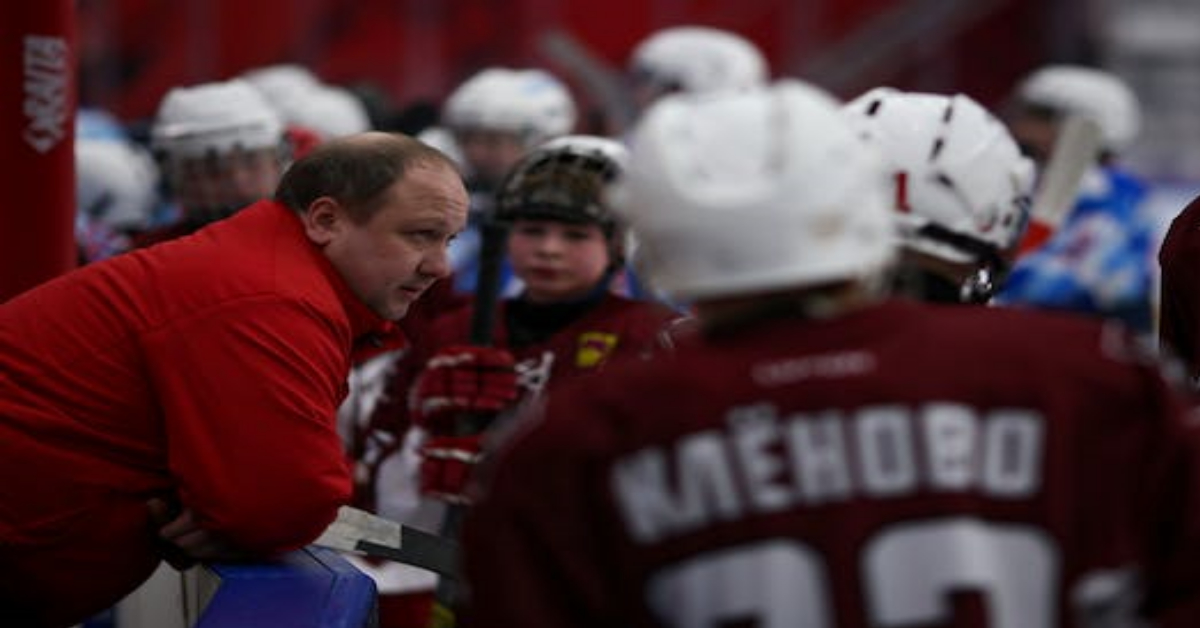Doing the Right Thing
This entry is really sort of a follow-up to a few earlier posts. And I also want to pose a few questions to members at the very end of this piece.
If you might recall me previously talking about my frequent fun approach to training in some earlier pieces, I might not have referenced my work with older players in the same way as I did my younger ones. I need to say right now, however, that most of our more advanced level work (or work with older players) should also end-up being enjoyable to those in our charge.
That said, a major part of my year-round work has always involves coaching — and actually guiding the development of — two different teams. One group is of junior high school age, the other made-up of very talented high school-ers.

For a number of reasons, I’ve had to slightly adjust my ways with them — due to their ages, their general age-specific personalities (if you know what I mean), and because of their presumed aims in the game. And in reference to the latter, each is assumed to be dreaming of making a high school team someday, and they ultimately want to do really well at that level.
So, as I jokingly refer to it, I’ll at least half of the time have to wear my “high school coach’s hat”. I mean, if you think about it, athletes don’t only succeed by having great skills and hockey smarts. No, each team candidate is a whole package, with yet another key ingredient being the way they handle themselves emotionally. (Just ask any of the mental training people who contribute here if that one isn’t so.)
Anyway, at different times during our practices and games, I’ll put on that high school coach’s hat and grump and grumble a little. I actually warn the kids about it, even telling them, “I love you guys, so I’m preparing you as best I can for what’s ahead, even if it comes-off sounding mean.”
Oh, and by the way… Sometimes I have to fake it — not really being upset with them at all, but instead wanting to ensure they’re going to be able to deal with the mix of positives and negatives that are sure to be thrown their way down the road.
As for the subject of “doing the right thing”… Let me tell you about one time I slightly “lost it” at a practice…
What had happened was that a lot of my long-time players were acting a little too comfortable as we drilled. They are senior members of the group, they know a lot of what’s coming in some of the basic drills, and they were half-listening or half-working as the practice went along. More than anything, I worried that they were showing our newest team members the wrong way to apply themselves in a practice.
So, at some point I began turning the screws on them. And I sorta nailed the offenders for anything and everything they did wrong. Ya, I got their attention — and that of the new guys, too.
Still, comes the time to end practice, and I’m thinking about a few things… To a kid, they loved the game. I mean, they were all great kids, and they really were into getting better. And, here they were at a “voluntary” practice on a warm summer night, while some other kids weren’t even there to work on their game. If you get my drift, I’m thinking that — while the whipping was necessary, I couldn’t send a single player home wishing he hadn’t come. Make sense to you?

And that caused me to gather everyone together at the very end of practice, to sit everyone in a circle, and to rehash the events of the night.
As close as I can recall, I said, “Hey, I need to explain a few things to you guys… I think you guys know I love you, and I only do things that will help you in the end. You also know I love teaching the game. So, if there are things going on that prevent me from teaching, I’m going to let you know about it.”
Oh, I’m sure I said more than that over about 5-minutes, but that was the gist of it. No way was I apologizing for holding their feet to the fire. At the same time, however, I wanted to ensure future practices ran as they should, and I also wanted to give those kids reasons to come back for future practices.
So, my questions — to older players, parents and other coaches… How do you feel about a coach holding his or her players’ feet to the proverbial fire? And, how do you feel about explaining oneself as I did? Further, since I will at least once or twice per year tell my players that I made a coaching mistake (or whatever), how do you feel about that?